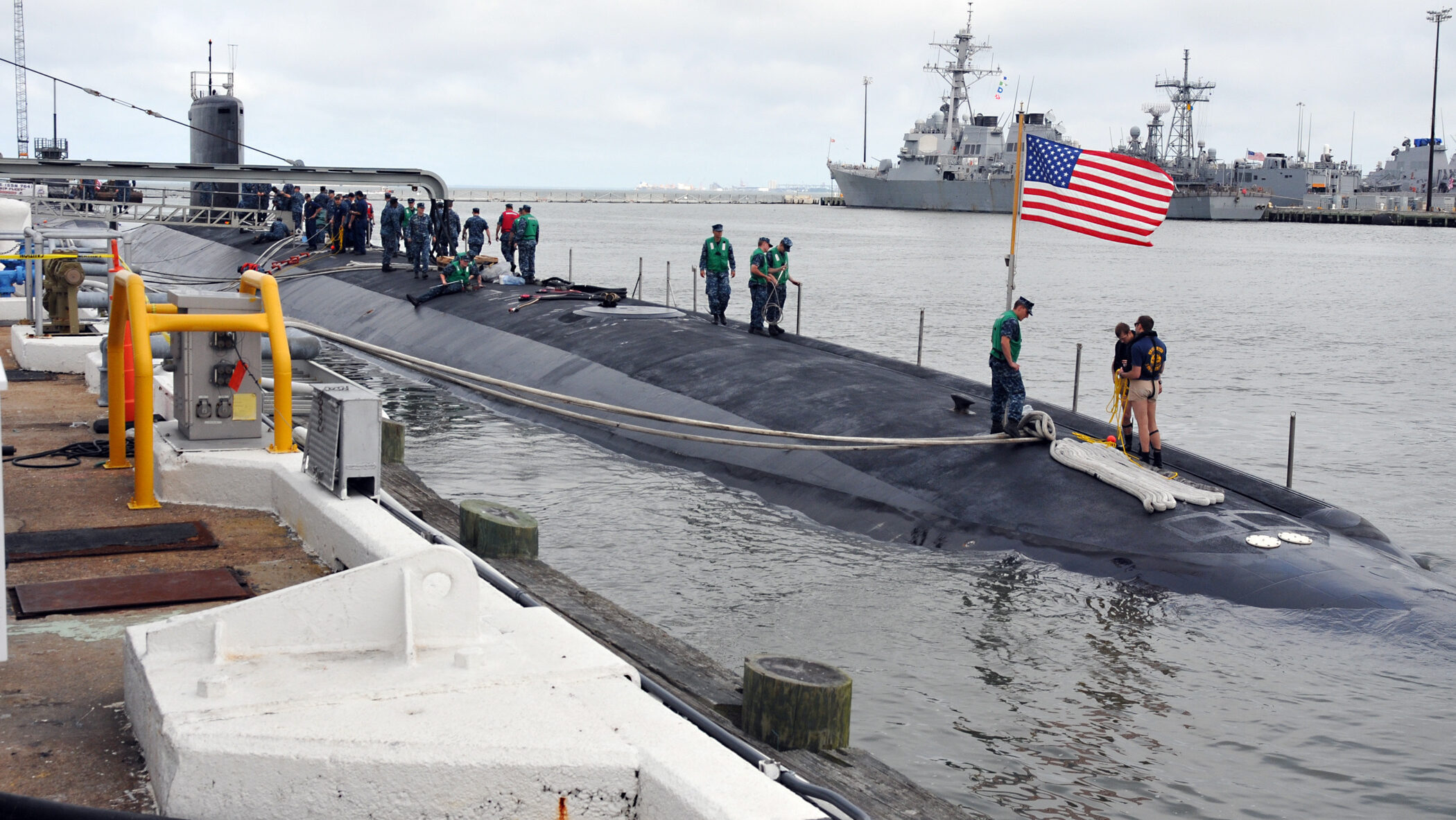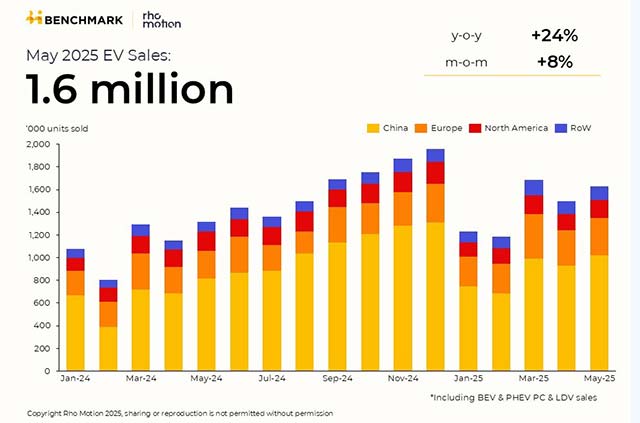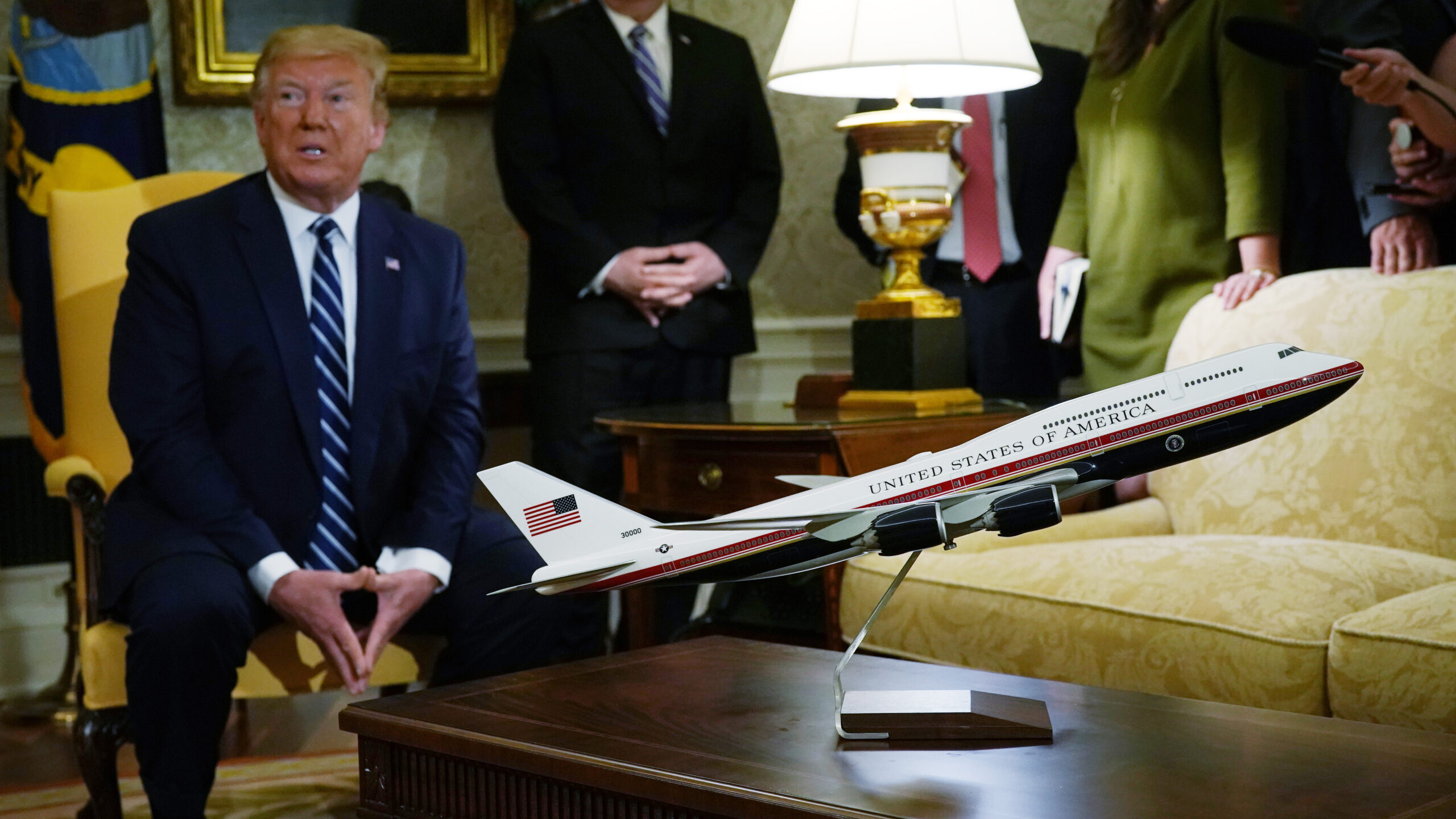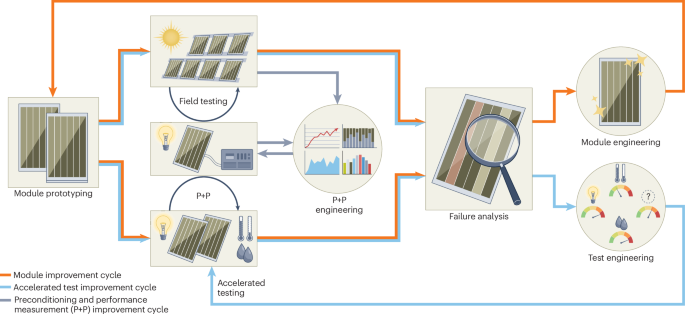Pentagon’s AUKUS review unlikely to break trilateral program, say analysts
“While there is some risk and mixed signals from the Trump [administration], especially on the issue of US willingness to transfer Virginia-class subs to Australia, there is a potential upside if this review drives a more coherent US approach and cost/benefit approach towards AUKUS,” analyst Euan Graham told Breaking Defense.


The Virginia-class attack submarine Pre-Commissioning Unit Minnesota (SSN 783) pulls pierside at Naval Station Norfolk from a scheduled underway (US Navy)
BELFAST and MELBOURNE — In the wake of the US launching a review into the trilateral AUKUS program to assess if it is “aligned” with President Donald Trump’s “America First” agenda, analysts tell Breaking Defense that there should be no immediate cause for alarm because of support from within the Department of Defense for the effort.
However, the review could give critics of AUKUS in Australia new life, making it more difficult for the government to keep criticisms related to costs and industrial base complexities at bay.
The news of an internal review into AUKUS was first reported by the Financial Times on Wednesday, and word quickly spread to both London and Canberra. A US defense official, speaking on background, confirmed the review to Breaking Defense.
“As [Secretary of Defense Pete] Hegseth has made clear, this means ensuring the highest readiness of our servicemembers, that allies step up fully to do their part for collective defense, and that the defense industrial base is meeting our needs,” the official said. “This review will ensure the initiative meets these common sense, America First criteria.”
A spokesperson for Australian Deputy Prime Minister and Defence Minister Richard Marles said in a statement that Australia remained committed to AUKUS and looked forward to working closely with the US on the review. Notably, they said both Australia and the UK had been told the review was happening.
“It is natural that the Administration would want to examine this major undertaking including progress and delivery, just as the UK Government recently concluded an AUKUS review and reaffirmed its support including through the appointment of Sir Stephen Lovegrove as its AUKUS Adviser,” the spokesperson said.
In a statement to Breaking Defense, a UK MoD spokesperson said, “It is understandable that a new administration would want to review its approach to such a major partnership, just as the UK did last year. The UK will continue to work closely with the US and Australia at all levels to maximise the benefits and opportunities which AUKUS presents for our three nations.”
Francis Tusa, a UK defense expert, questioned the launch of the review by the US on X and suggested it could force the British government into a “root-and-branch assessment of the UK’s defence dependencies on” Washington.
In terms of defense cooperation between the two sides, he also suggested that trust could be impacted: “Treating ratified treaties as tradeable reflects on a state’s reliability and trustworthiness — unilaterally break them, and you are saying that you cannot be trusted.”
Euan Graham, a Senior Analyst on Defence Strategy at the Australian Strategic Policy Institute, told Breaking Defense that it was important not to overreact to the news.
“While there is some risk and mixed signals from the Trump [administration], especially on the issue of US willingness to transfer Virginia-class subs to Australia, there is a potential upside if this review drives a more coherent US approach and cost/benefit approach towards AUKUS,” he said.
Given Australia is planning to pump billions of dollars into the US defense industry, particularly into the US nuclear submarine enterprise, AUKUS ultimately, “fits an ‘America First’ narrative perfectly,” Graham argued. (The Australian statement specifically points out that AUKUS will grow the defense industries of the US and Australia as well as generating thousands of new manufacturing jobs.)
The review “will be cause for concern, but this is early days,” said Sidharth Kaushal, a research fellow at the UK-based Royal United Services Institute defense thinktank, adding, “So it’s not a cause for panic yet.”
While other analysts largely agreed that the review is unlikely to be a death knell for AUKUS, there was some concern about how it could alter the agreement, which is divided into two parts, known as Pillar I and Pillar II.
Pillar I involves the creation of SSN AUKUS nuclear-powered submarines for both the UK and Australia. Because that system won’t be available for years to come, the plan also calls for Australia getting Virginia-class submarines to fill the gap — a source of concern for US seapower advocates who question whether the Pentagon can afford to give up some of its boat production to its close ally.
Pillar II is about the codevelopment of new technologies among the three nations, and, potentially, other partners such as Japan, South Korea, Canada and New Zealand. Though under the AUKUS umbrella, Pillar II is divorced from the nuclear submarine issue — and so, at least in theory, a review could decide to impact one Pillar but not the other.
Sidharth Kaushal, a research fellow at the UK-based Royal United Services Institute defense thinktank, told Breaking Defense that “in theory, both Pillar II and the latter part of Pillar I (SSN AUKUS) can survive a review which cancels the transfer of the Virginia Class to Australia since these lines of effort are somewhat independent in technical terms — accepting that new mechanisms would need to be found to familiarize Australian crews with SSNs if they are not to operate Virginias in the next decade.”
He warned though that “politically speaking it would be hard for Australia to remain committed” to AUKUS should the Virginia transfer be cancelled, due to “significant political capital invested into countering domestic pushback over the costs and complexity of SSNs and the lack of accountability involved in financial transfers to the US submarine industrial base.”
Graham added that the review could be an opportunity for US planners and skeptics within the Trump administration to realize that it is worth the short-term loss to the US Navy’s submarine fleet for longer term gains in forward basing, maintenance and inter-operability.
Jennifer Parker, an adjunct fellow in Naval Studies at University of New South Wales Canberra and an expert associate at the National Security College at Australian National University, said that it was unlikely that the future of AUKUS was in jeopardy, and expressed optimism that the review could actually end up strengthening Pillar II.
It’s possible the review ends up putting pressure on Canberra to spend more on defense, at a time when both Parker and Graham agreed that Australia should allocate more than what it is projecting to spend in the coming years.
Both concur that current and future defense budget projections were insufficient given the strategic challenges Australia is facing, with Australia having spent 1.9 percent of GDP on defense in 2023, projected to rise to 2.3 percent in 2029.
For supporters of AUKUS, there is at least some good news down under: A new Lowy Institute poll, released just hours after the review was announced, found that 67 percent of Australians “remain either ‘somewhat’ or ‘strongly’ in favour of acquiring nuclear-powered submarines,” a number that has stayed roughly steady since 2022.
“Most Australians believe this arrangement is in our national interest,” Lowy Institute Executive Director Michael Fullilove said in a statement. “Now the government needs to ensure that the Trump administration understands that it is also in America’s national interest.”
Colin Clark in Sydney and Ashley Roque in Washington contributed to this report.







![Air India Boeing 787 Crashes Just After Takeoff, Killing Over 200 People [Update]](https://www.jalopnik.com/img/gallery/air-india-boeing-787-crashes-just-after-takeoff-killing-over-200-people-update/l-intro-1749822284.jpg?#)











































































































































